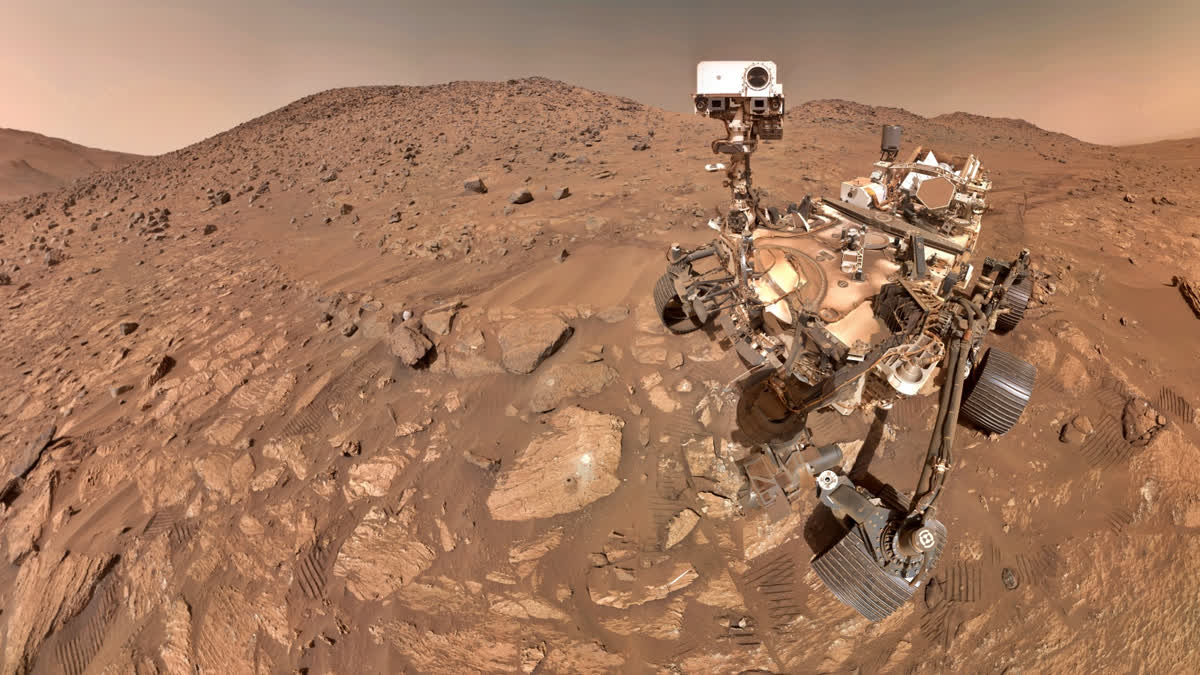New York:NASA's Perseverance rover is tackling a steep new challenge on Mars. The six-wheeled rover has spent the last 3 1/2 years roaming around the bottom of a crater. On Tuesday, it began climbing to the top.
The rover will go up 1,000 feet (305 meters) to the rim of Jezero Crater to dig up rock samples. Since landing on the red planet in 2021, Perseverance has collected 22 rock core samples from the floor of the crater, which was once filled with water.
The rover's samples may help scientists piece together what the planet's climate looked like billions of years ago and learn whether any ancient Martian life lurked. NASA is exploring ways to bring the rock samples to Earth.
The bedrock at the rim of the crater might yield clues as to how rocky planets like Mars and Earth came to be, said Steven Lee with NASA's Jet Propulsion Laboratory in California. But the road ahead won't be easy. Perseverance will scale rocky terrain and slopes of up to 23 degrees on the months-long journey.
Perseverance has certainly been a real trooper, said Lee. The rover has logged around 29 kilometres during its exploration. The rock at the top of the crater may have come from past hydrothermal vents sites where heated water and dissolved minerals spewed out after cycling underneath the planet's surface. On Earth, similar sites like at Yellowstone National Park are considered a cradle for life.
